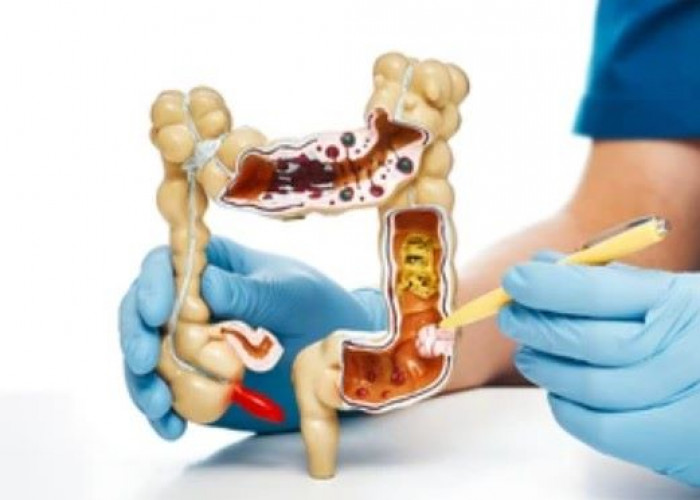 Welcome
Welcome
“May all be happy, may all be healed, may all be at peace and may no one ever suffer."
Colon cancer
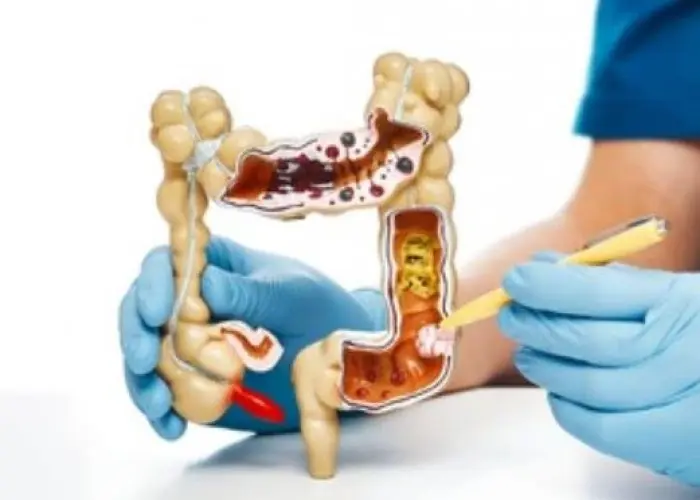
Colon cancer, also known as colorectal cancer, is a type of cancer that affects the colon or rectum, which are parts of the large intestine. It is one of the most common types of cancer worldwide and is more commonly diagnosed in older adults.
The exact cause of colon cancer is not known, but it is believed to be related to a combination of genetic and environmental factors. Some risk factors for colon cancer include a family history of the disease, a personal history of polyps or inflammatory bowel disease, a diet high in red or processed meats, a sedentary lifestyle, and smoking.
Symptoms of colon cancer may include changes in bowel habits, such as diarrhea or constipation, blood in the stool, abdominal pain or discomfort, and unexplained weight loss. However, many people with colon cancer may not experience any symptoms, which is why regular screening is important for early detection.
Screening for colon cancer typically involves a colonoscopy, which is a procedure in which a long, flexible tube with a camera is inserted into the rectum to examine the colon and rectum for abnormalities. Other screening methods include fecal occult blood tests and stool DNA tests.
Treatment for colon cancer depends on the stage and extent of the disease but may include surgery to remove the cancerous tissue, chemotherapy, and radiation therapy. In some cases, targeted therapies or immunotherapy may also be used.
Regular screening is important for the early detection of colon cancer, which can improve treatment outcomes and increase the chances of survival. It is recommended that people at average risk for colon cancer begin regular screening at age 50, or earlier if they have a family history of the disease or other risk factors.
Research Papers
Disease Signs and Symptoms
- Changes in the appearance of bowel movement
- Diarrhea
- Constipation
- Rectal bleeding
- Blood in stool
- Persistent abdominal discomforts, such as cramps, gas or pain
- Weakness
- Fatigue (Tiredness)
- Weight loss
Disease Causes
Colon cancer
Doctors aren't certain what causes most colon cancers.
In general, colon cancer begins when healthy cells in the colon develop changes (mutations) in their DNA. A cell's DNA contains a set of instructions that tell a cell what to do.
Healthy cells grow and divide in an orderly way to keep your body functioning normally. But when a cell's DNA is damaged and becomes cancerous, cells continue to divide — even when new cells aren't needed. As the cells accumulate, they form a tumor.
With time, the cancer cells can grow to invade and destroy normal tissue nearby. And cancerous cells can travel to other parts of the body to form deposits there (metastasis).
Disease Prevents
Colon cancer
Screening colon cancer
Doctors recommend that people with an average risk of colon cancer consider colon cancer screening around age 50. But people with an increased risk, such as those with a family history of colon cancer, should consider screening sooner.
Several screening options exist — each with its own benefits and drawbacks. Talk about your options with your doctor, and together you can decide which tests are appropriate for you.
Lifestyle changes to reduce your risk of colon cancer
You can take steps to reduce your risk of colon cancer by making changes in your everyday life. Take steps to:
- Eat a variety of fruits, vegetables and whole grains. Fruits, vegetables and whole grains contain vitamins, minerals, fiber and antioxidants, which may play a role in cancer prevention. Choose a variety of fruits and vegetables so that you get an array of vitamins and nutrients.
- Drink alcohol in moderation, if at all. If you choose to drink alcohol, limit the amount of alcohol you drink to no more than one drink a day for women and two for men.
- Stop smoking. Talk to your doctor about ways to quit that may work for you.
- Exercise most days of the week. Try to get at least 30 minutes of exercise on most days. If you've been inactive, start slowly and build up gradually to 30 minutes. Also, talk to your doctor before starting any exercise program.
- Maintain a healthy weight. If you are at a healthy weight, work to maintain your weight by combining a healthy diet with daily exercise. If you need to lose weight, ask your doctor about healthy ways to achieve your goal. Aim to lose weight slowly by increasing the amount of exercise you get and reducing the number of calories you eat.
Colon cancer prevention for people with a high risk
Some medications have been found to reduce the risk of precancerous polyps or colon cancer. For instance, some evidence links a reduced risk of polyps and colon cancer to regular use of aspirin or aspirin-like drugs. But it's not clear what dose and what length of time would be needed to reduce the risk of colon cancer. Taking aspirin daily has some risks, including gastrointestinal bleeding and ulcers.
These options are generally reserved for people with a high risk of colon cancer. There isn't enough evidence to recommend these medications to people who have an average risk of colon cancer.
If you have an increased risk of colon cancer, discuss your risk factors with your doctor to determine whether preventive medications are safe for you.
Disease Treatments
Which treatments are most likely to help you depends on your particular situation, including the location of your cancer, its stage and your other health concerns. Treatment for colon cancer usually involves surgery to remove the cancer. Other treatments, such as radiation therapy and chemotherapy, might also be recommended.
Surgery for early-stage colon cancer
If your colon cancer is very small, your doctor may recommend a minimally invasive approach to surgery, such as:
- Removing polyps during a colonoscopy (polypectomy). If your cancer is small, localized, completely contained within a polyp and in a very early stage, your doctor may be able to remove it completely during a colonoscopy.
- Endoscopic mucosal resection. Larger polyps might be removed during colonoscopy using special tools to remove the polyp and a small amount of the inner lining of the colon in a procedure called an endoscopic mucosal resection.
- Minimally invasive surgery (laparoscopic surgery). Polyps that can't be removed during a colonoscopy may be removed using laparoscopic surgery. In this procedure, your surgeon performs the operation through several small incisions in your abdominal wall, inserting instruments with attached cameras that display your colon on a video monitor. The surgeon may also take samples from lymph nodes in the area where the cancer is located.
Surgery for more advanced colon cancer
If the cancer has grown into or through your colon, your surgeon may recommend:
- Partial colectomy. During this procedure, the surgeon removes the part of your colon that contains the cancer, along with a margin of normal tissue on either side of the cancer. Your surgeon is often able to reconnect the healthy portions of your colon or rectum. This procedure can commonly be done by a minimally invasive approach (laparoscopy).
- Surgery to create a way for waste to leave your body. When it's not possible to reconnect the healthy portions of your colon or rectum, you may need an ostomy. This involves creating an opening in the wall of your abdomen from a portion of the remaining bowel for the elimination of stool into a bag that fits securely over the opening.
- Sometimes the ostomy is only temporary, allowing your colon or rectum time to heal after surgery. In some cases, however, the colostomy may be permanent.
- Lymph node removal. Nearby lymph nodes are usually also removed during colon cancer surgery and tested for cancer.
Surgery for advanced cancer
If your cancer is very advanced or your overall health very poor, your surgeon may recommend an operation to relieve a blockage of your colon or other conditions in order to improve your symptoms. This surgery isn't done to cure cancer, but instead to relieve signs and symptoms, such as a blockage, bleeding or pain.
In specific cases where the cancer has spread only to the liver or lung but your overall health is otherwise good, your doctor may recommend surgery or other localized treatments to remove the cancer. Chemotherapy may be used before or after this type of procedure. This approach provides a chance to be free of cancer over the long term.
Chemotherapy
Chemotherapy uses drugs to destroy cancer cells. Chemotherapy for colon cancer is usually given after surgery if the cancer is larger or has spread to the lymph nodes. In this way, chemotherapy may kill any cancer cells that remain in the body and help reduce the risk of cancer recurrence.
Chemotherapy might also be used before an operation to shrink a large cancer so that it's easier to remove with surgery.
Chemotherapy can also be used to relieve symptoms of colon cancer that can't be removed with surgery or that has spread to other areas of the body. Sometimes it's combined with radiation therapy.
For some people with low-risk stage III colon cancer, a shorter course of chemotherapy after surgery may be possible. This approach may reduce the side effects compared with the traditional course of chemotherapy, and may be just as effective.
Radiation therapy
Radiation therapy uses powerful energy sources, such as X-rays and protons, to kill cancer cells. It might be used to shrink a large cancer before an operation so that it can be removed more easily.
When surgery isn't an option, radiation therapy might be used to relieve symptoms, such as pain. Sometimes radiation is combined with chemotherapy.
Targeted drug therapy
Targeted drug treatments focus on specific abnormalities present within cancer cells. By blocking these abnormalities, targeted drug treatments can cause cancer cells to die.
Targeted drugs are usually combined with chemotherapy. Targeted drugs are typically reserved for people with advanced colon cancer.
Immunotherapy
Immunotherapy is a drug treatment that uses your immune system to fight cancer. Your body's disease-fighting immune system may not attack your cancer because the cancer cells produce proteins that blind the immune system cells from recognizing the cancer cells. Immunotherapy works by interfering with that process.
Immunotherapy is usually reserved for advanced colon cancer. Your doctor might have your cancer cells tested to see if they're likely to respond to this treatment.
Supportive (palliative) care
Palliative care is specialized medical care that focuses on providing relief from pain and other symptoms of a serious illness. Palliative care is provided by a team of doctors, nurses and other specially trained professionals that work with you, your family and your other doctors to provide an extra layer of support that complements your ongoing care.
Palliative care teams aim to improve the quality of life for people with cancer and their families. This form of care is offered alongside curative or other treatments you may be receiving.
When palliative care is used along with all of the other appropriate treatments, people with cancer may feel better and live longer.
Disease Diagnoses
Disease Allopathic Generics
Disease Ayurvedic Generics
Disease Homeopathic Generics
Disease yoga
Colon cancer and Learn More about Diseases
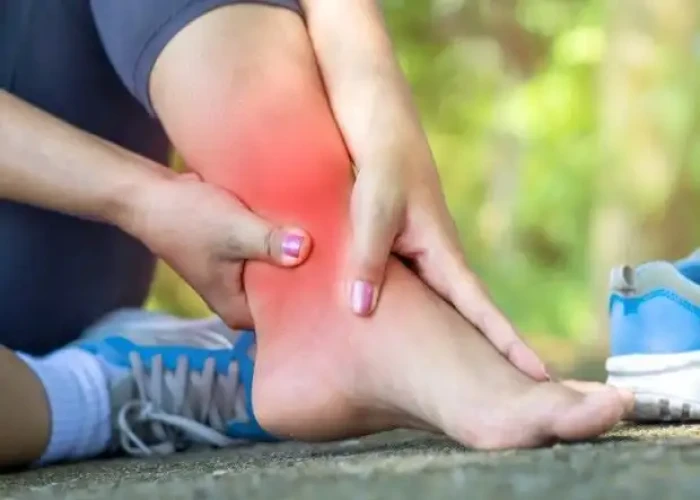
Sprains
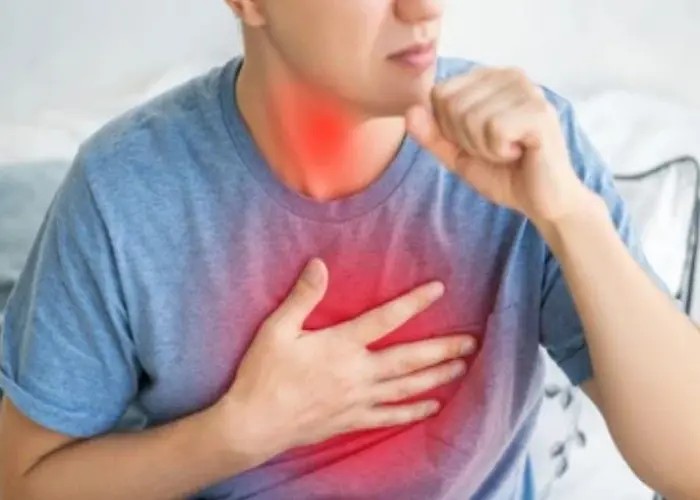
Chronic cough
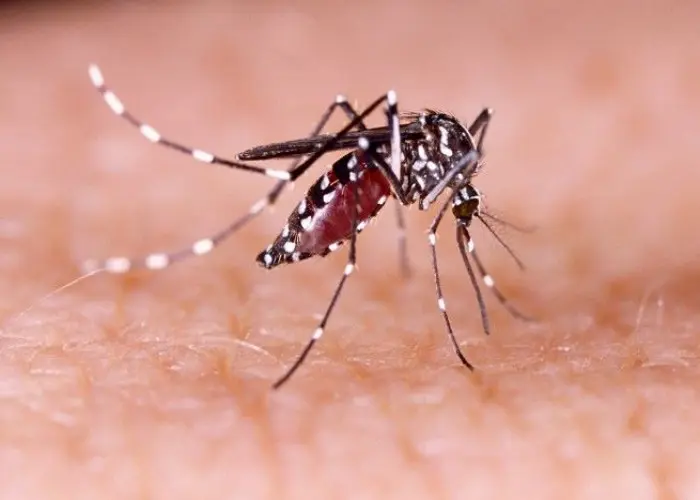
Dengue fever

Borderline personality disorder
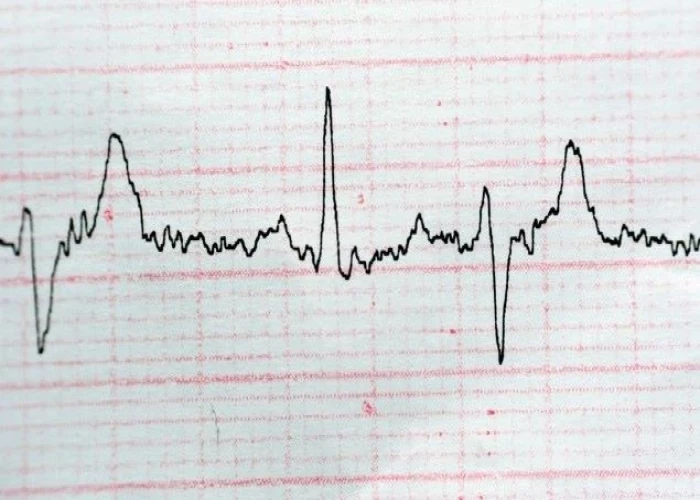
Premature ventricular contractions (PVCs)
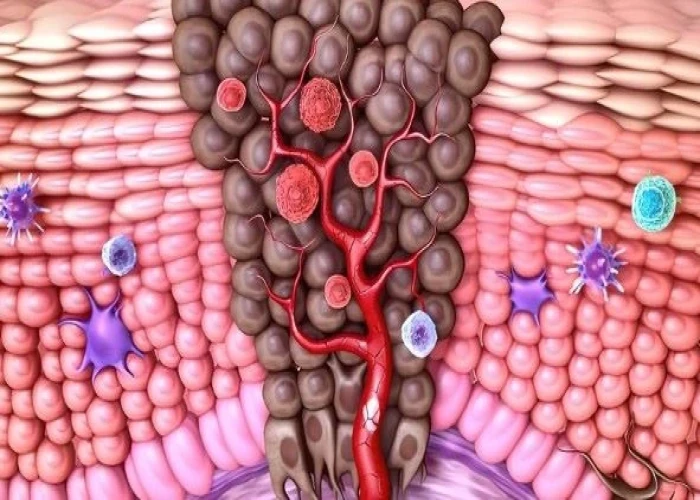
Multiple endocrine neoplasia, type 1 (MEN 1)
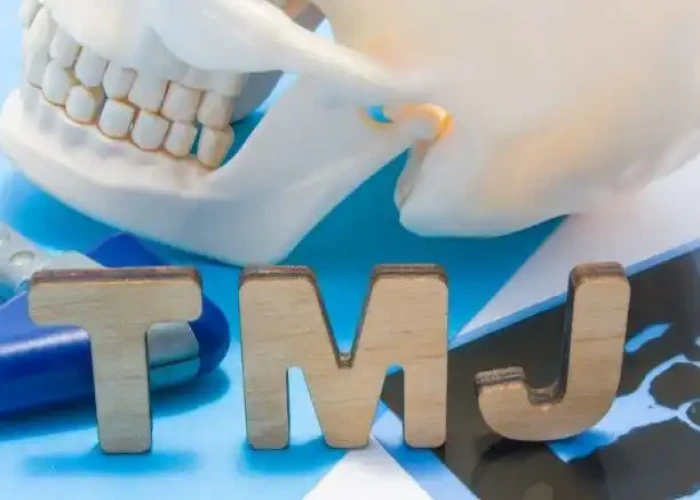
TMJ disorders

Kyphosis
Colon cancer, Colorectal cancer, Bowel cancer, Rectal cancer, মলাশয়ের ক্যান্সার
To be happy, beautiful, healthy, wealthy, hale and long-lived stay with DM3S.
